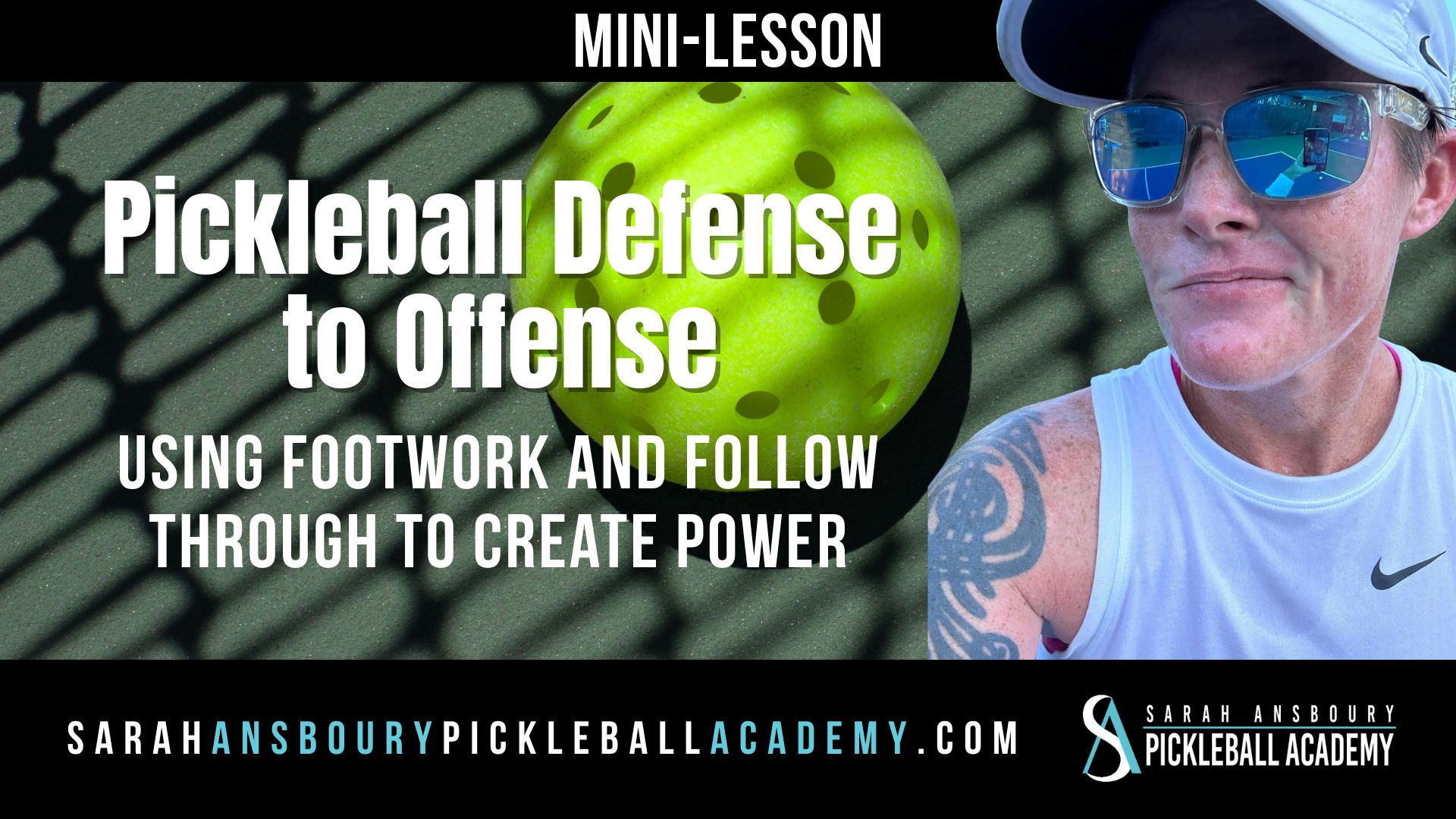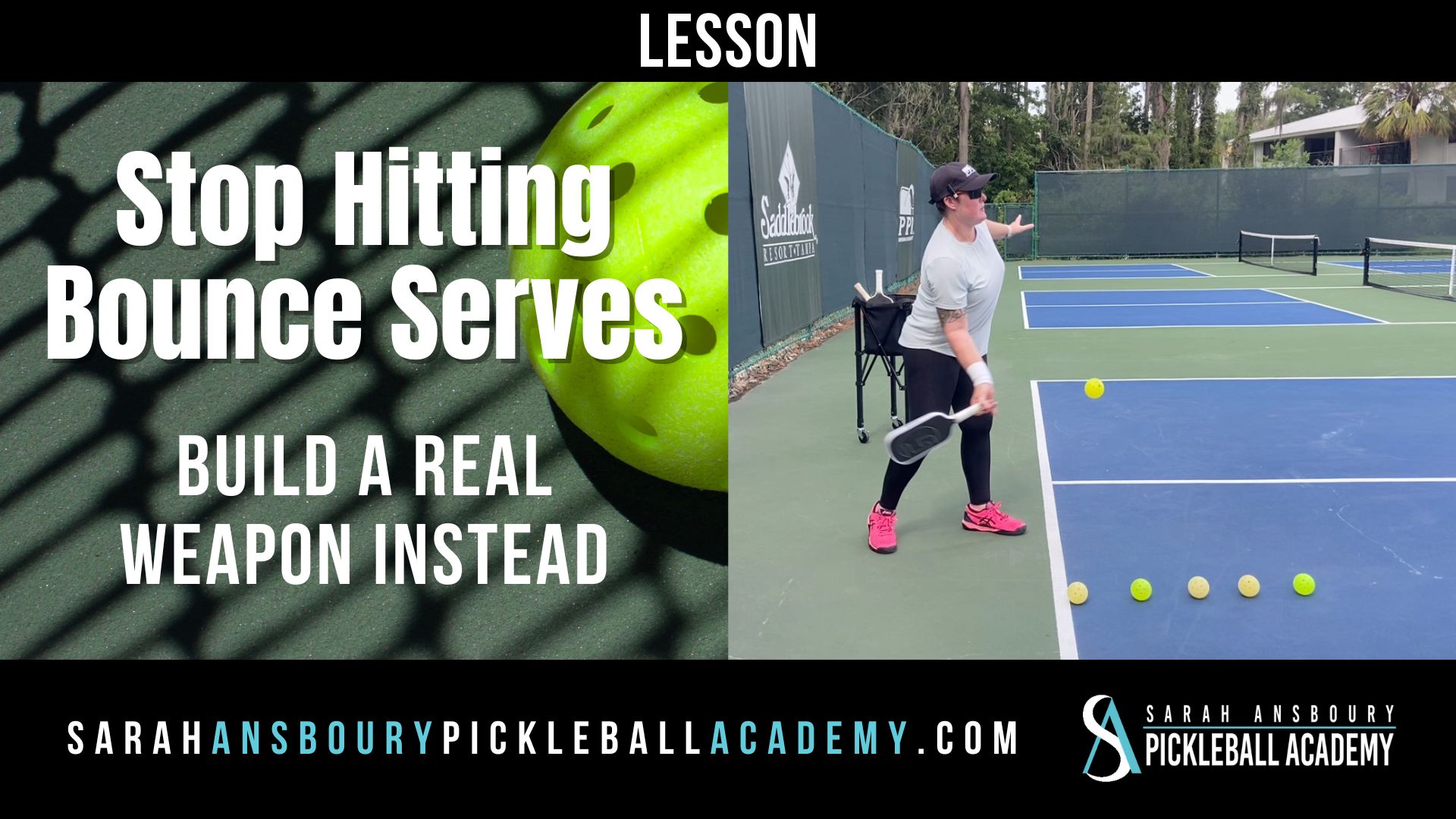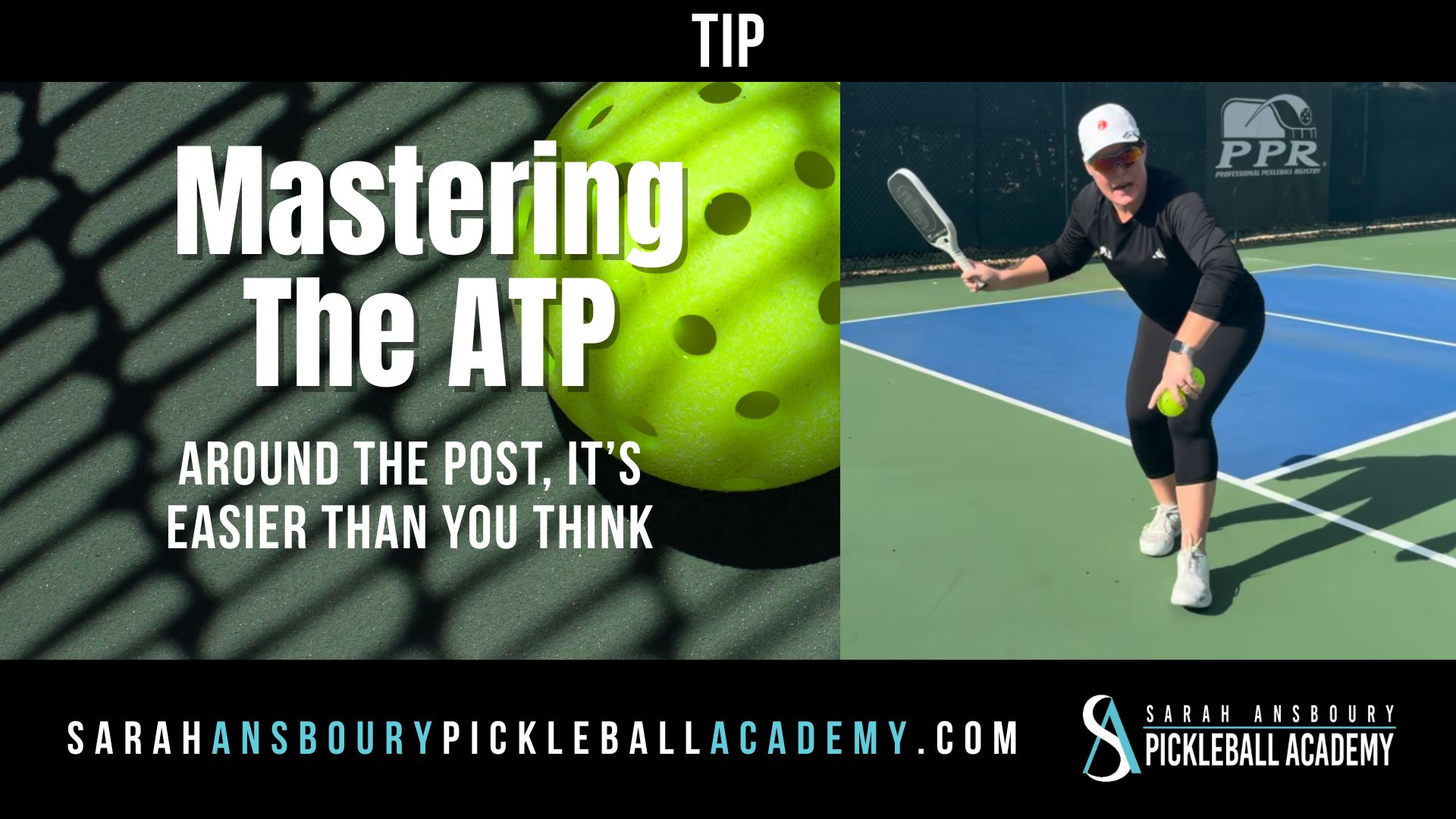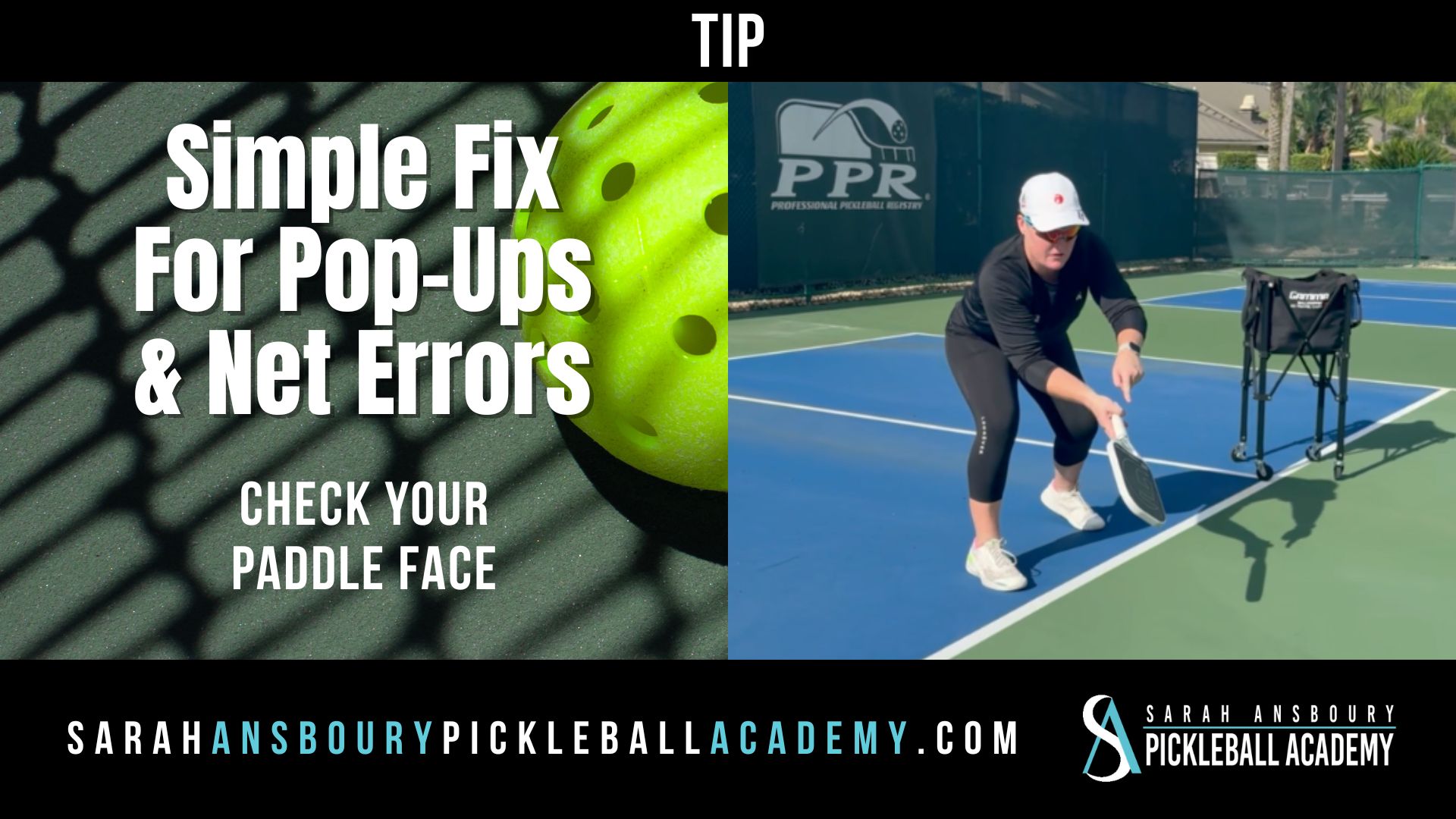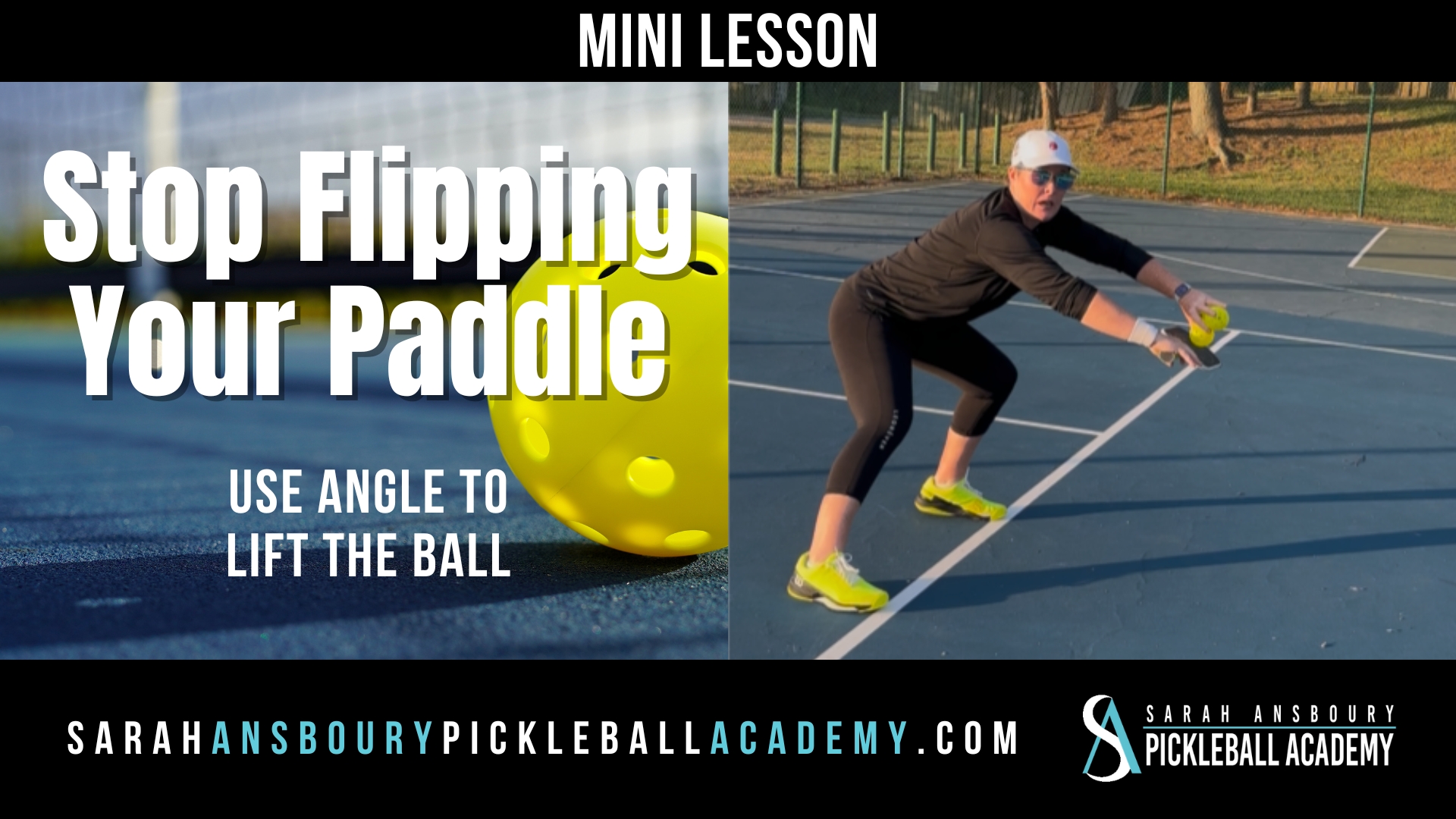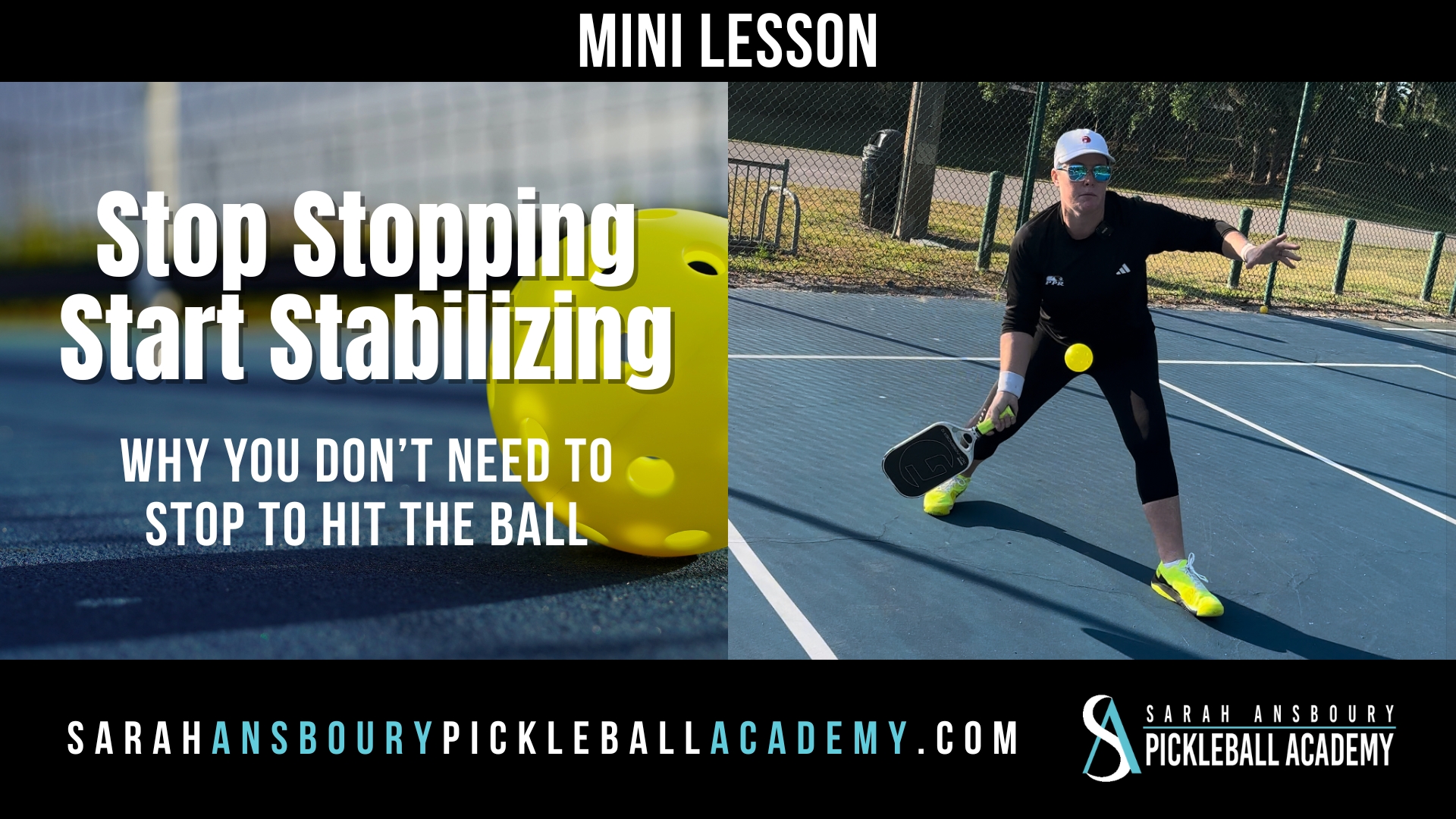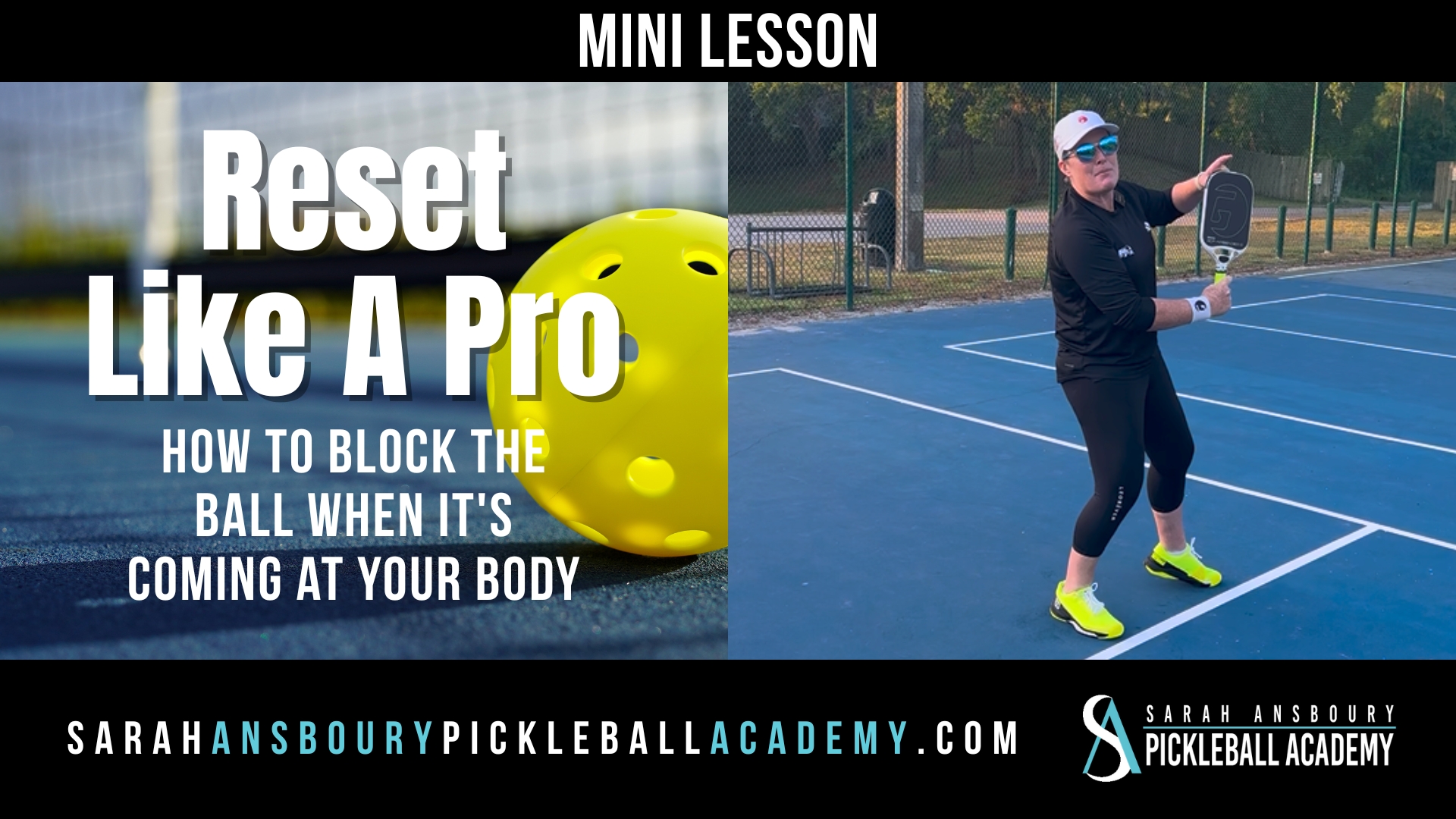When you practice, do you want to win or get better? Are you willing to get out of your comfort zone, possibly losing points, to get better?

practice vs play
I realize many players have difficulty finding time to practice. Court time may me limited and as such all everyone wants to do is play. This is one of the reasons I recommend using game play for practice. In fact, rather than just asking a player to stand in one place and hit 10 drop shots in a row, I recommend you utilize gameplay when you are evaluating your strengths and areas for improvement.
As we all know, it is one thing to be able to hit a particular shot when drilling…it can be quite another to hit it during a match.
Get out of your comfort zone
While I think it is important to play with a partner with whom you are comfortable when practicing I want to encourage you to get out of your pickleball comfort zone. As I have observed players drilling, I find they tend to spend the most time working on the shots they are best at…and of course, enjoy hitting the most. Instead, in 5 Steps to Better Pickleball, I encourage you to spend the majority of your practice time working on those shots that most need improvement.
uncomfortable gameplay
I have written many times about having a goal for every practice session. So let me give you an example of how I recently combined these three concepts (gameplay, working on an area I wish to improve, and being uncomfortable) into a practice session.
Recently, I was working on using a lob more. It is a shot I feel like I am pretty good at. That is, I know technically how to execute the shot. But I find that I don’t always think to use it during tournament play. I want to be able to better identify those situations when a should throw up an offensive lob. As I enter the practice situation, I know I will very likely lose some points I should and would otherwise win. I will likely lose games along the way. I’m okay with that because it will give me the experience I need to better identify the right situation during a tournament match.
“I’m sorry”
 Often in practice, I hear a player say “I’m sorry” after a missed opportunity. I don’t want my partner to be sorry for missing while doing the right thing. We all will make mistakes…but what we learn from these mistakes is what is important. So if you have a regular practice partner, discuss in advance what you both want to work on. And agree that neither of you will be sorry for trying to do the right thing.
Often in practice, I hear a player say “I’m sorry” after a missed opportunity. I don’t want my partner to be sorry for missing while doing the right thing. We all will make mistakes…but what we learn from these mistakes is what is important. So if you have a regular practice partner, discuss in advance what you both want to work on. And agree that neither of you will be sorry for trying to do the right thing.
Mastery requires highs and lows. We will always get a little worse before we get better. We need to get out of our pickleball comfort zone to improve.

